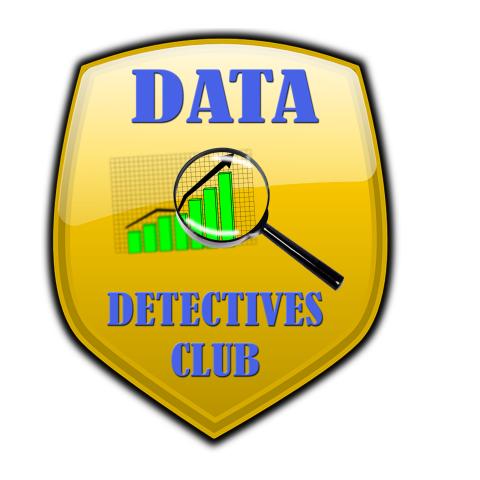Body
Image

COVID-Inspired Data Science Education through Epidemiology (CIDSEE)
Since 2021, the COVID-Inspired Data Science Education through Epidemiology (CIDSEE) project has reached over 1,000 underserved youth nationwide, engaging them in a 15-hour out-of-school “Data Detectives Club” centered on a project-developed novel, "Pandemics!", which explores the spread of COVID, measles, smallpox, Ebola, polio, and plague. Clubs integrate data activities, modeling, animations, and career exploration. Participants use data tools and models to track the spread of infectious diseases, learn to examine time-series data, and gain confidence in their ability to use data to understand public health challenges. The program also encourages youth’s interest in careers involving the data-rich disciplines of epidemiology and public health. Our research breaks new ground on how youth, especially those who traditionally have not had access to data tools in school, examine and use time-series datasets while using accessible data tools.
Pillar 1: Innovative Use of Technologies in Learning and Teaching
Youth in Data Detectives Clubs use CODAP (the Common Online Data Analysis Platform) to explore data about rate of infections over time. Using CODAP, they compare data from different diseases, times and places. Youth also manipulate the parameters of a NetLogo simulation to see simulated people infecting one another as the corresponding time-series graph rises and falls. Currently we are studying whether adding sonification (playing sounds that rise and fall with changing values) to CODAP enhances youth understanding.
Pillar 2: Partnerships for Career and Workforce Preparation.
We recruit and prepare career visitors, who attend Clubs virtually to make short presentations and engage in Q&A about their work. Visitors include epidemiologists, infectious disease specialists, and data scientists, including those from partners Jackson Laboratories and Intel Corporation. Program sites also connect with in-person visitors from local CDCs or Departments of Health. Finally, the "Pandemics!" book highlights a range of historical and current careers in data and public health.
Pillar 3: Strategies for Equity in STEM Education
To increase equity in STEM education, we partner with Imagine Science and STEM Next, afterschool networks that target the hardest-to-reach children in cities served. Participants served are 28% Latinx, 21% Black, 11% multiracial, 49% girls, and 32% multilingual learners. The program leaders reflect this diversity and often live in the communities they serve. Further, "Pandemics!" highlights the contributions of Black and Latinx scientists and citizens, and one session examines racial disparities in disease burden.

Discipline(s)
Data Science
Life sciences
Other
Target Gradespan(s)
Middle school (6-8)
Target Participant(s)
Youth / students
Educators
Girls (or women)
Black/African American participants
Hispanic/Latino participants
English learners
Project Setting(s)
Informal Education
Category
Developing and Testing Innovations (DTI)